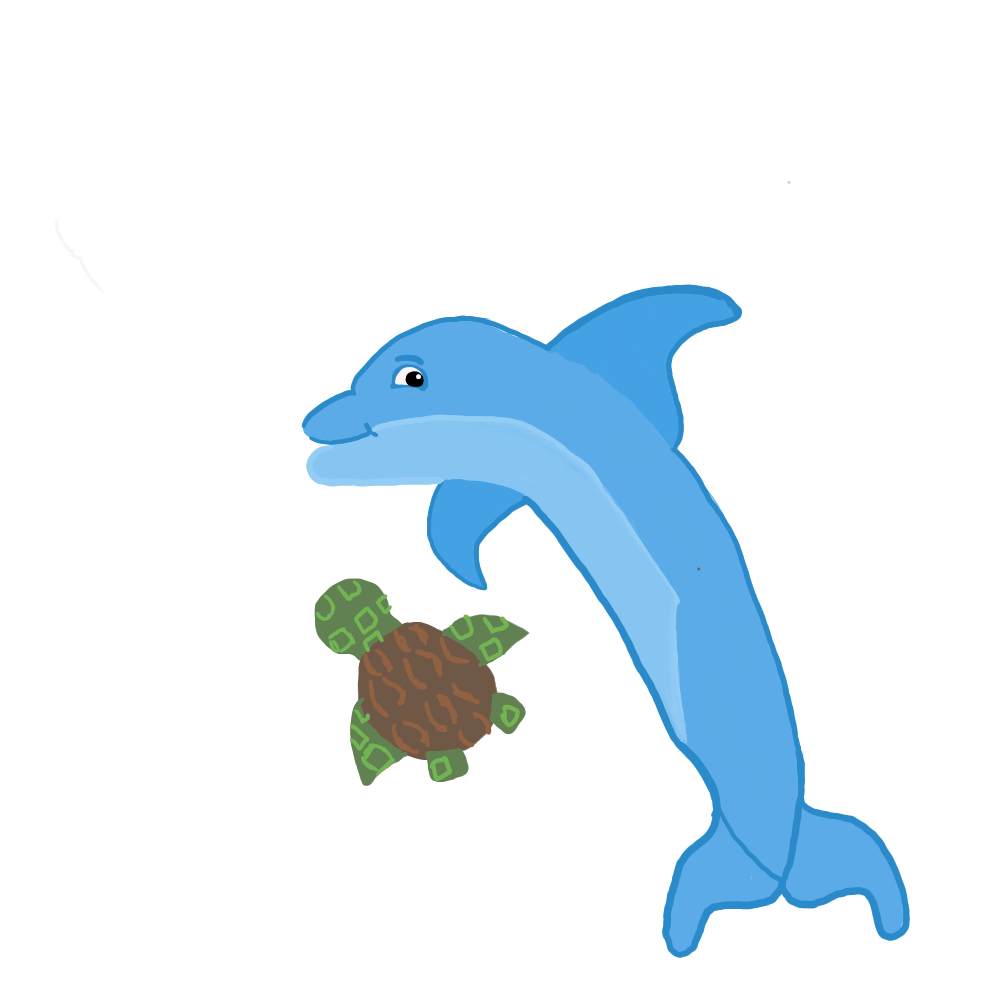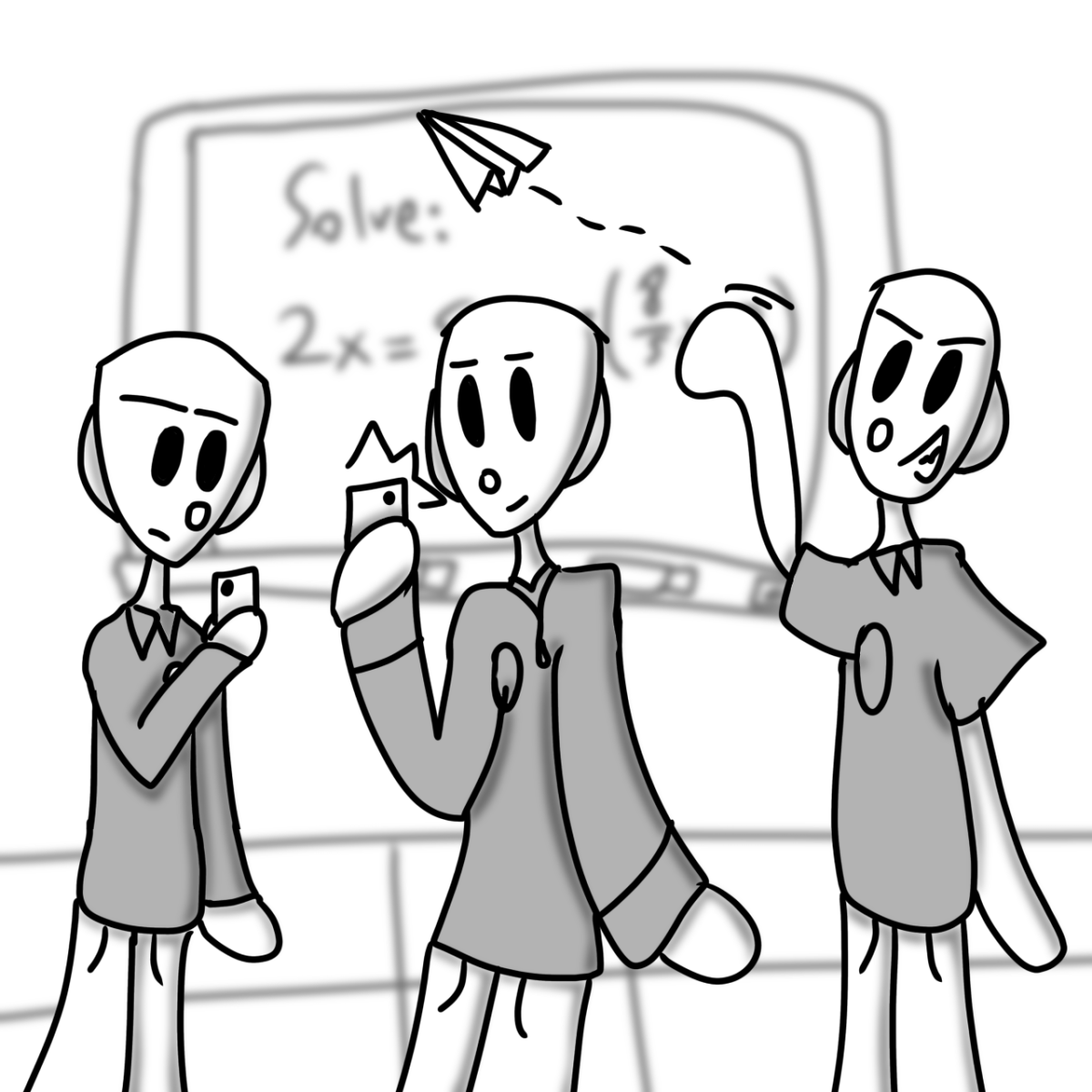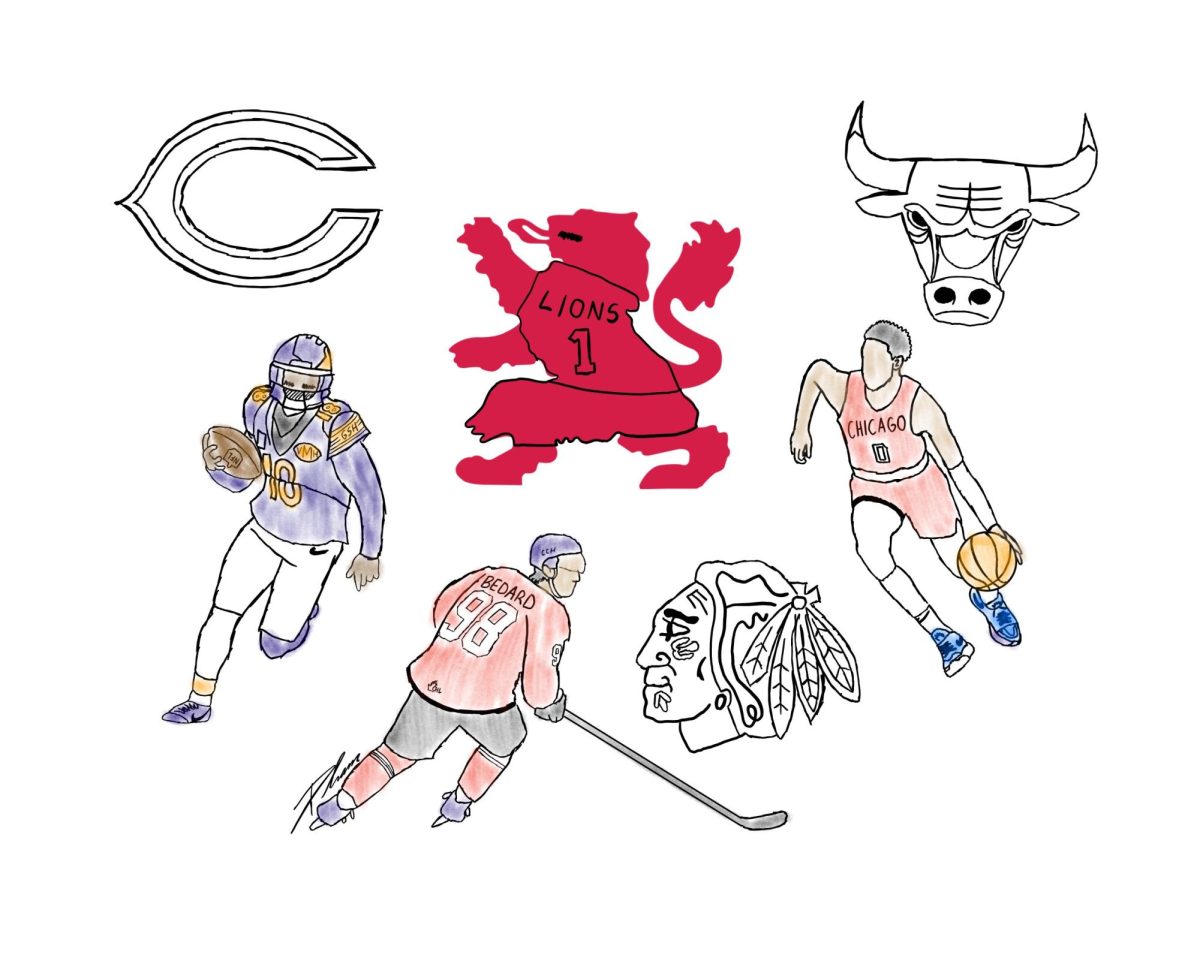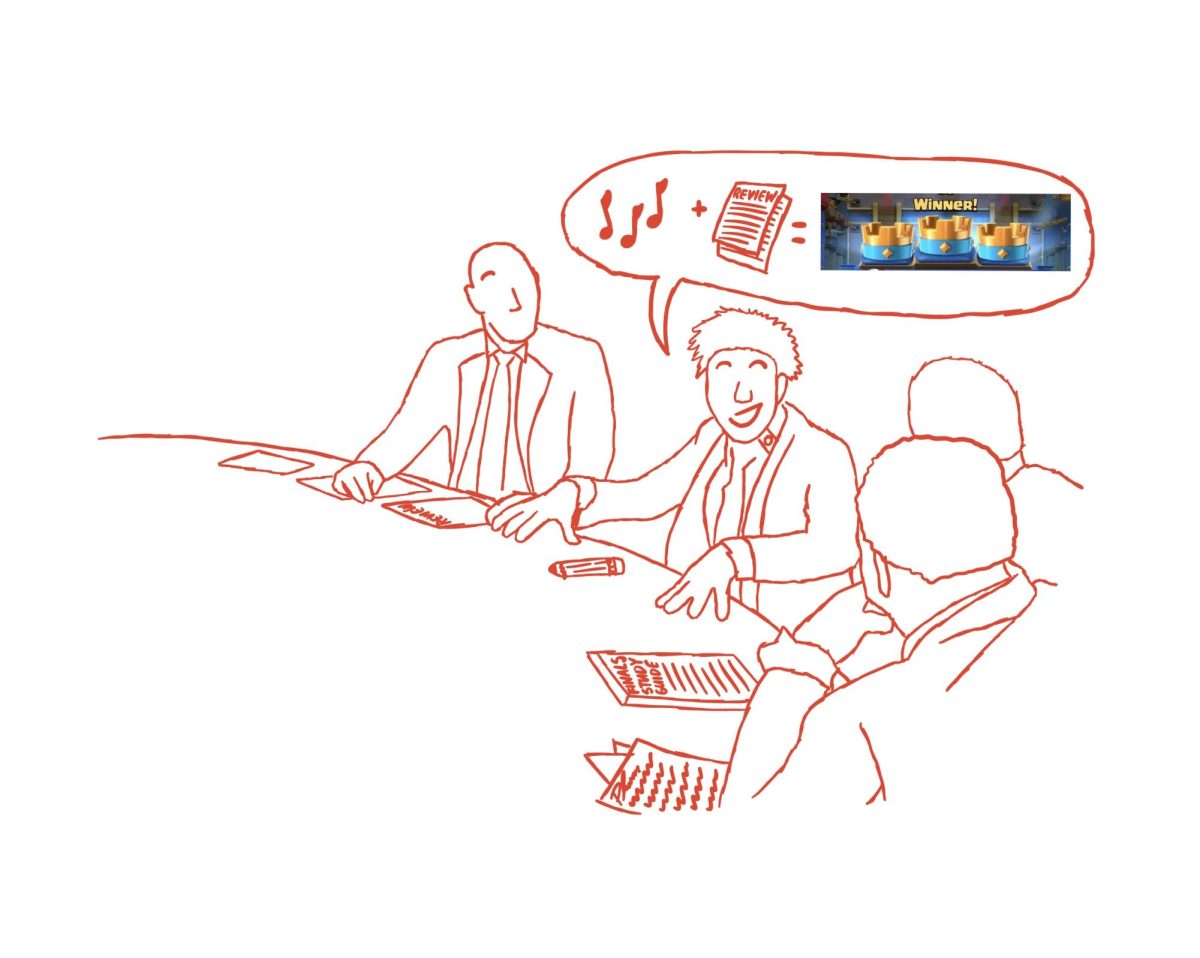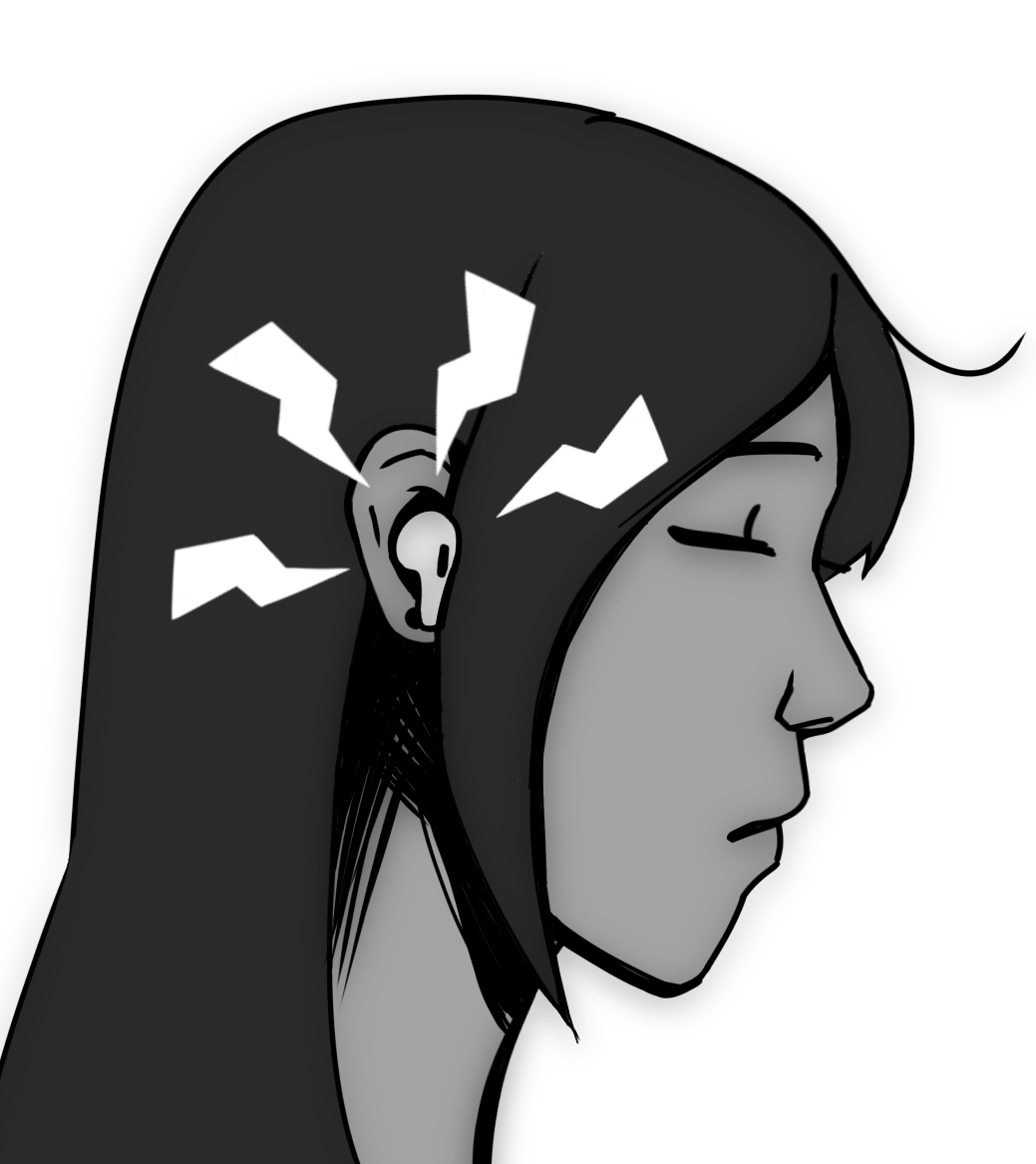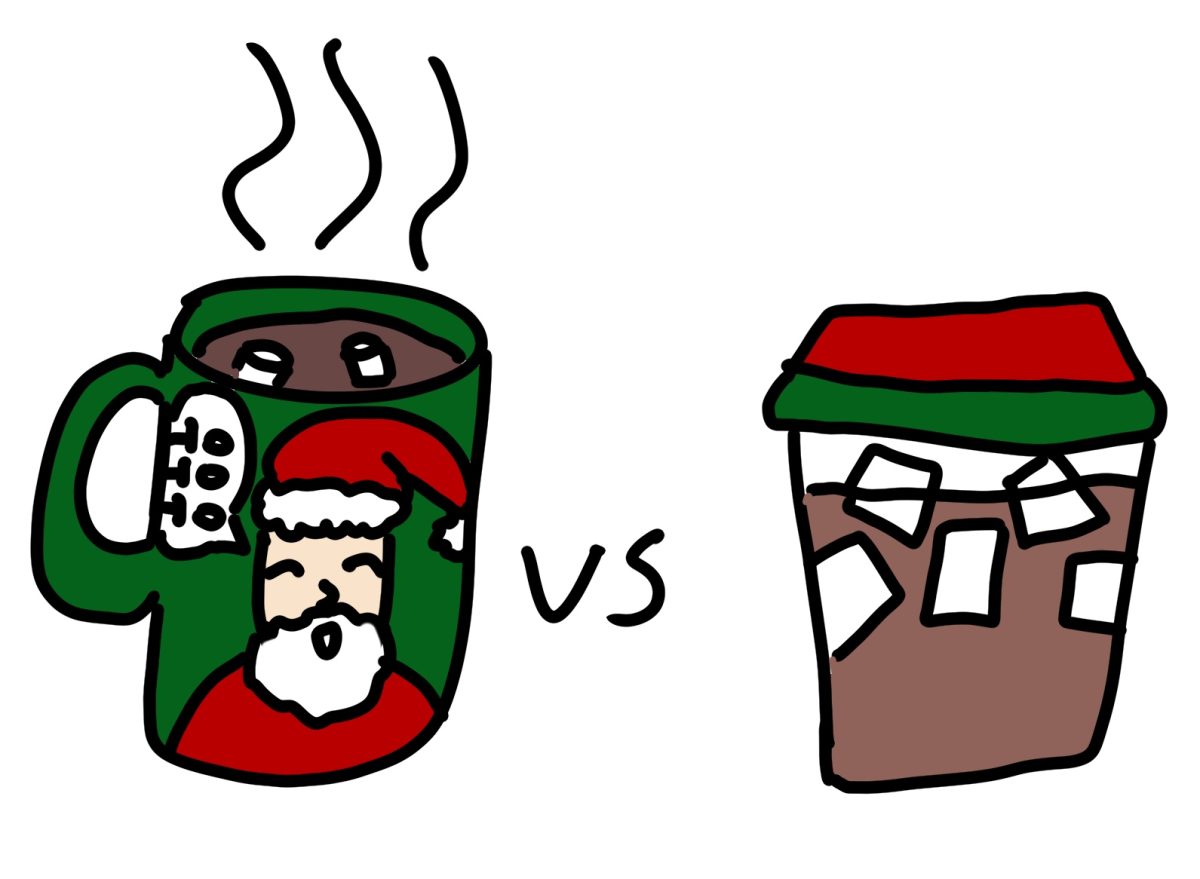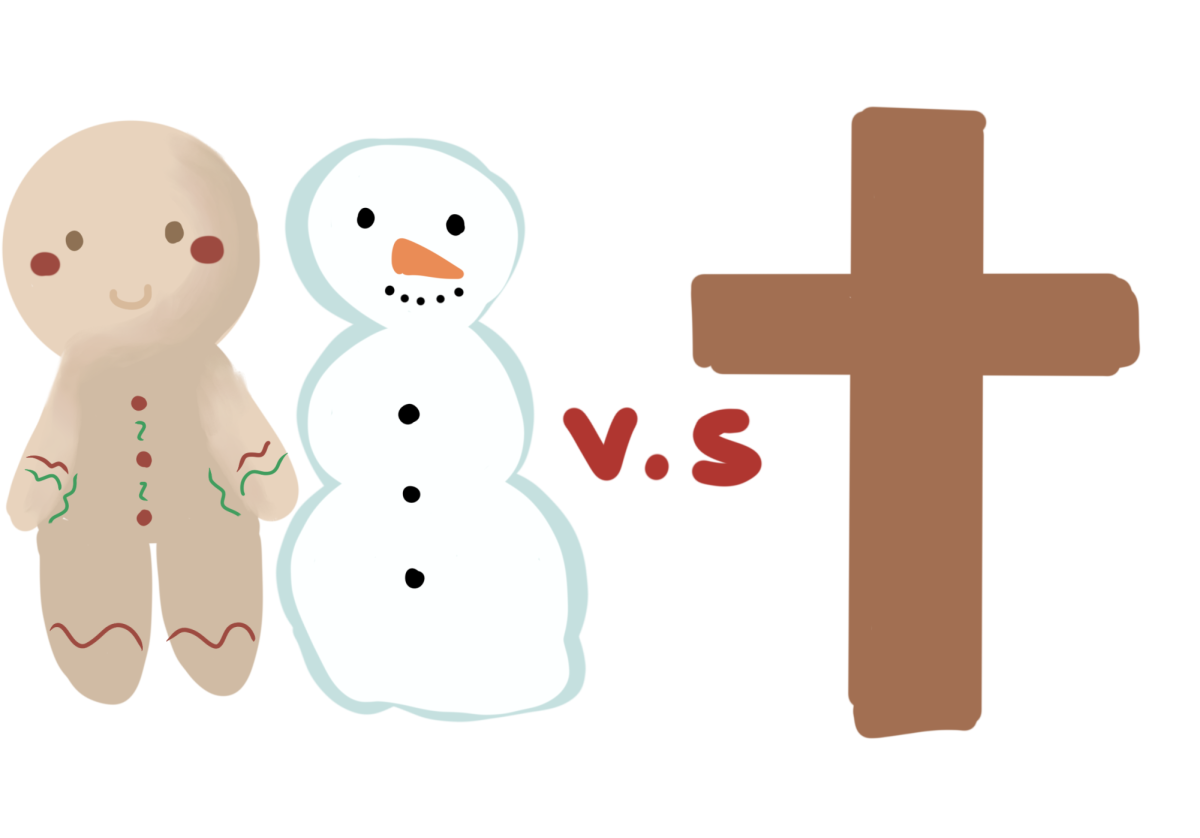The captivating world of SeaWorld has long been a popular attraction for both adults and children. However, there are growing concerns about the impact that SeaWorld has on the animals in its care.
Captive animals in SeaWorld face a unique set of challenges that differ significantly from their natural habitats. The confinement, limited space, and restricted social interactions can have detrimental effects on the physical and psychological well-being of these creatures. The perplexing question arises: is it ethical to keep animals in captivity for entertainment purposes? Marine animals, such as dolphins and orcas, are highly intelligent beings with complex emotional lives. Yet, in the constrained environment of SeaWorld, these animals are deprived of their natural behaviors and social structures.
A People for the Ethical Treatment of Animals (PETA) veterinarian observed dolphins in all three SeaWorld parks and found the dolphins, and many other animals, with open wounds and extensive scarring across their bodies. This does not only affect the animals’ health and well-being, but also their overall lifespans and can leave them with permanent damage. Their freedom and need for physical activity in the wild is replaced by monotonous routines, which can lead to boredom, stress, and even aggression. The confinement in small tanks can cause physical ailments such as increased stress levels, lowered immune systems, and even shortened lifespans. Furthermore, the unnatural behaviors exhibited by captive animals, such as repetitive swimming patterns, further highlight the negative consequences of living in an artificial environment. More than 40 orcas and over 500 other dolphins and whales have died in SeaWorld’s barren tanks.
The impact of SeaWorld on animals is a complex issue with no easy answers. While SeaWorld provides educational opportunities and contributes to conservation efforts, the ethical implications of keeping marine creatures in captivity cannot be ignored. It is crucial for both SeaWorld and the public to continue questioning and reassessing the practices involved in the care and treatment of these amazing creatures.
Captivity has consequences
Animals in their non-natural habitat face negative side-effects
Donate to Viator Voice
$50
$500
Contributed
Our Goal
Your donation will support the student journalists of Saint Viator High School. Your contribution will allow us to purchase equipment and cover our annual website hosting costs.
More to Discover



